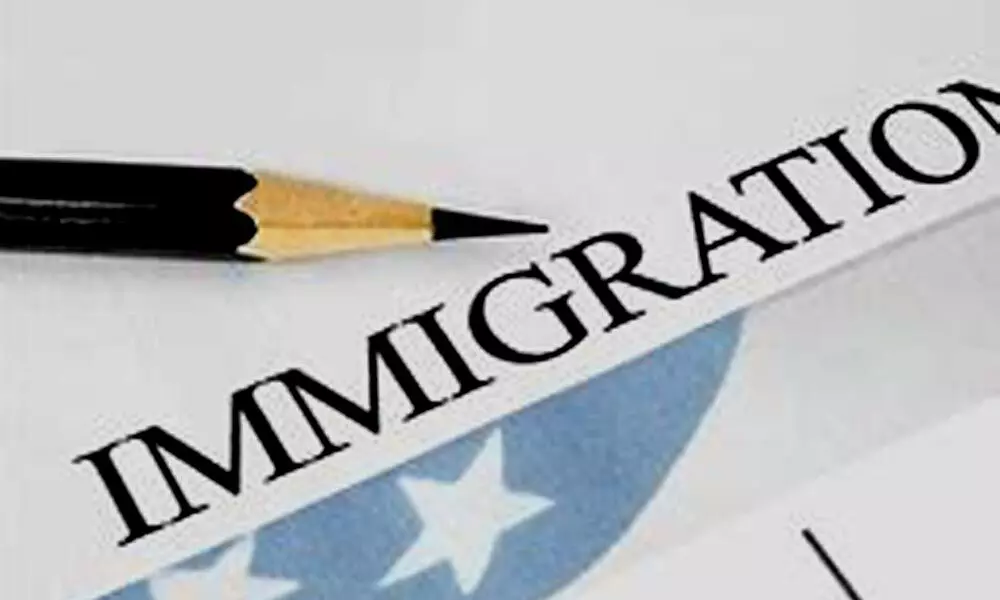Indian Green Card Holders Face Risk as US DOJ Expands Cancellation Powers
US Justice Department’s latest move enables green card cancellation anytime, sparking fears in Indian immigrant communities about their residency rights.
image for illustrative purpose

A fresh legal development in the United States is causing anxiety among Indian immigrants and other permanent residents. The US Department of Justice (DOJ) has recently asserted in a federal court that the Attorney General holds the authority to revoke lawful permanent resident (LPR) status, commonly known as a green card, at any point — regardless of how much time has elapsed since it was granted.
This ruling emerged during proceedings related to Imam Mohammad Qatani, a New Jersey resident whose green card application was denied in 2006 over allegations linking him to a banned organization. Though these claims were never substantiated, the case has ignited fears within immigrant communities across the country, including many Indians, who now worry about the security of their residency status.
According to DOJ attorney Lindsay Murphy, the Attorney General’s power to annul a green card is not restricted by any time constraints. Murphy clarified that even if decades have passed since the card’s issuance, it can still be canceled if administrative processes were incomplete or errors found in documentation. This means individuals who have lived in the US for 30, 40, or even 50 years remain vulnerable to losing their residency rights.
Legal experts are troubled by this stance. David Isaacson, Qatani’s legal counsel, emphasized that the government missed the 30-day window to appeal the initial decision, making the denial invalid in his view. The extended power of revocation, without timely appeal, leaves green card holders exposed to uncertainty.
Cornell Law School’s immigration law expert Stephen Yale-Loehr weighed in, noting that traditionally, green cards are only revoked in cases involving fraud, misrepresentation, or criminal offenses. He pointed out that annulling permanent residency based purely on administrative or procedural technicalities would set a concerning precedent and threaten the stability of immigrant status in the US.
Permanent residents enjoy many protections akin to citizens but can face deportation for specific violations, such as involvement in criminal conduct or breaches of immigration law. Visa cancellation and green card revocation often follow confirmed ties to terrorist activities, but authorities must provide concrete proof for such actions.
Court documents and immigration lawyers identify key causes for revocation:
* Providing false information or committing fraud during the application.
* Participation in or concealment of criminal activities.
The recent DOJ position introduces a significant element of unpredictability for green card holders. Even longstanding residents may find their legal status questioned due to administrative oversights or delayed paperwork. This development underscores the importance of vigilance for immigrants to regularly review their records and seek legal guidance to ensure full compliance with US immigration regulations.
This policy shift arrives amid a broader context of challenges faced by Indians in the US, including prior issues like deportations and tariff impositions. As US-India relations continue to experience fluctuations, this new DOJ approach may further complicate the immigrant experience for many.

